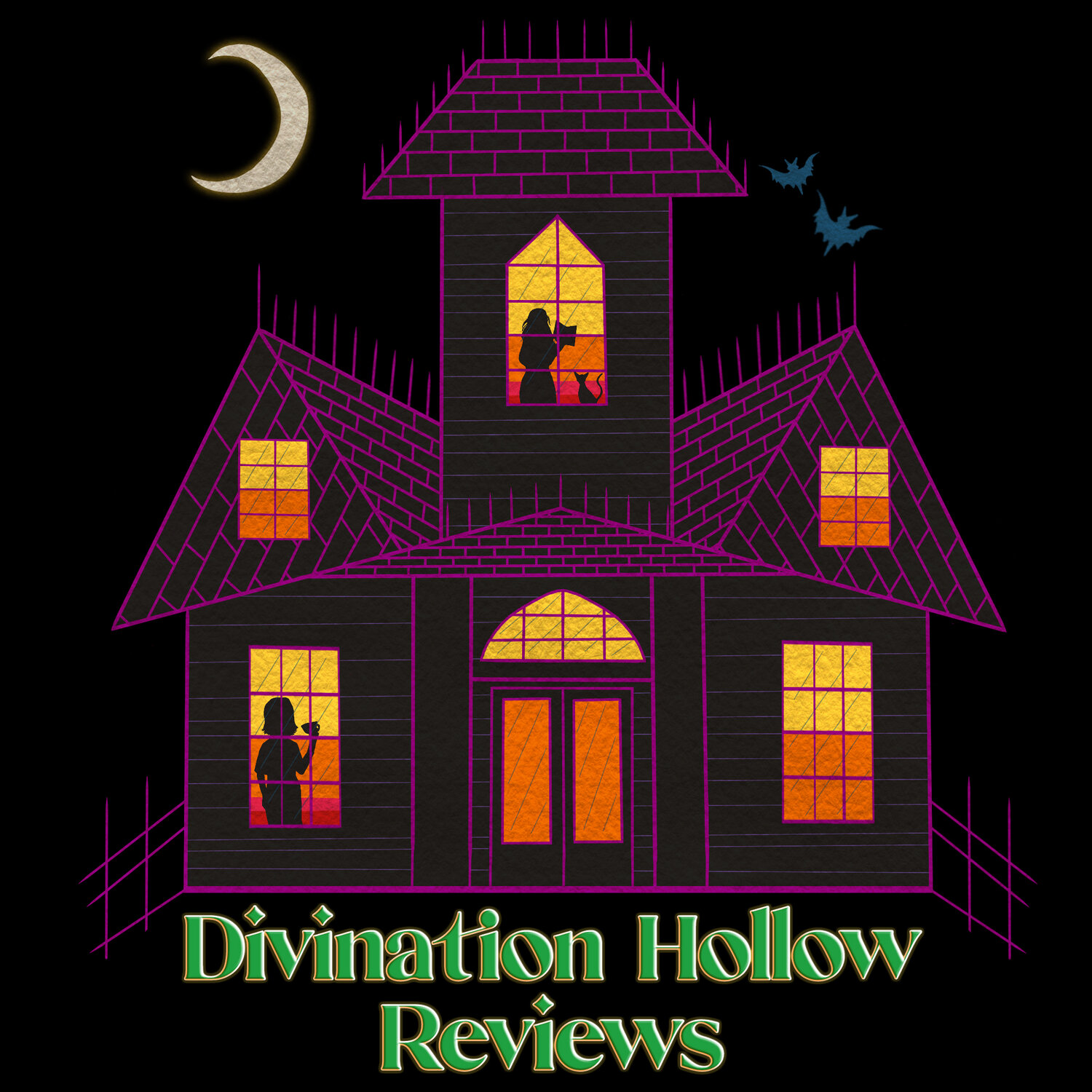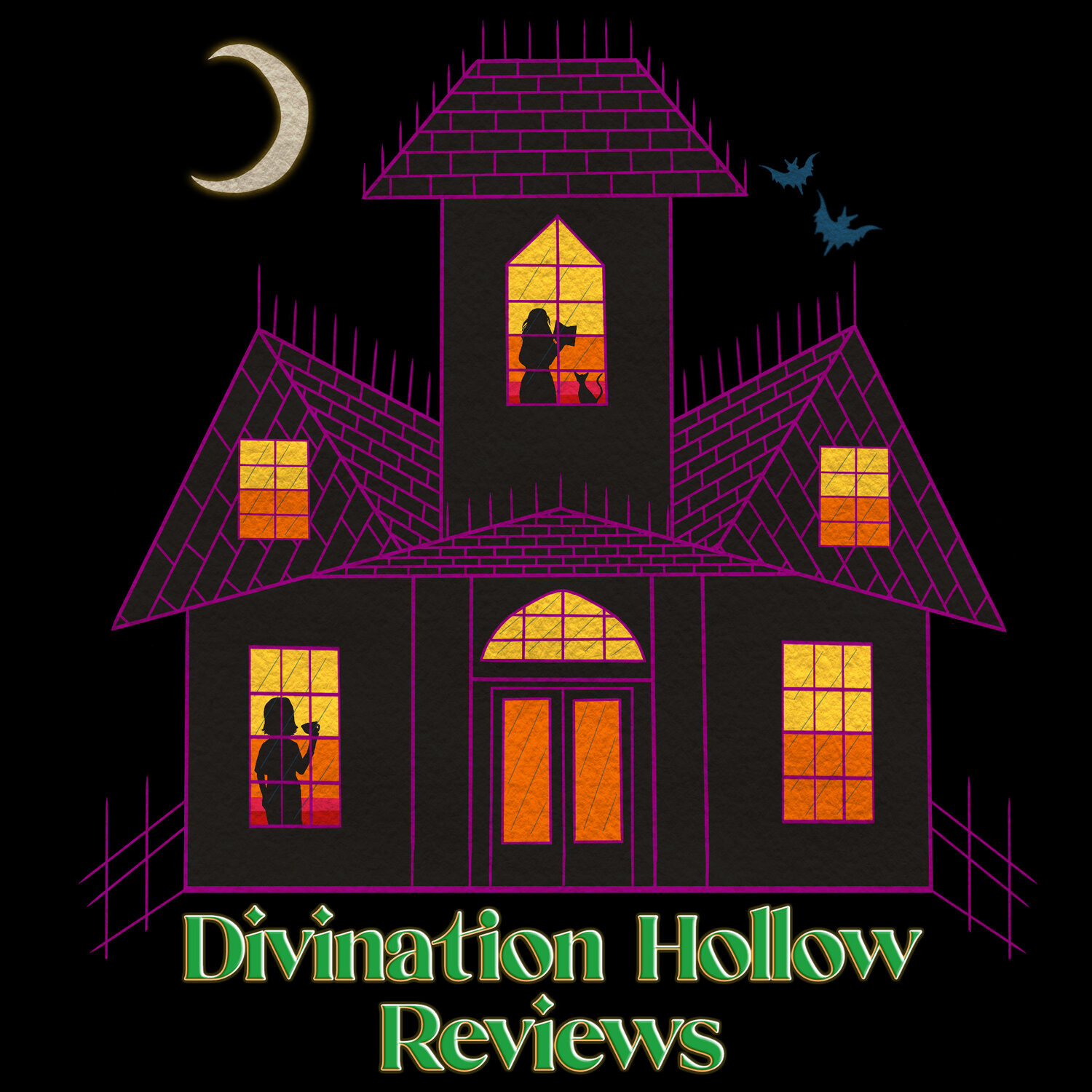Black History Month Celebration: Noughts + Crosses TV Series reviewed by Elle
Noughts + Crosses TV Series
For those unfamiliar, Noughts + Crosses is a British drama series that originally aired on BBC, based on the YA series of books by Malorie Blackman (the books uses &, the TV series uses + for the ‘and’ symbol). Both the TV series and the books are definitely worth checking out. Set in an alternate version of the UK, where several African nations formed the Aprican Empire and went on to colonise Europe, they show a version of the world where segregation is still in force, with some events lifted from our own history. The books are told from the POV of Sephy (Persephone) and Callum, giving it a Romeo and Juliet aspect through the two characters. Sephy is a Cross, the daughter of a politician, while Callum is a Nought who comes from a poor family.
The TV series really effectively shows the differences in lifestyles and opportunities, where Callum’s family are struggling to find work and his mother is at the whim of Sephy’s parents, while Sephy is looking to go to university. The complications they face as an ‘illegal’ couple draw dangers to them, even as his place in society becomes clearer to Callum. Both characters have really interesting arcs through the series, and they kind of mirror each other. Callum starts off as someone who believes he can change the system from the inside out, as long as he follows the Cross’ rules. Sephy gradually learns about Callum’s life and what being a Nought really means. Both have political awakenings, in a sense, coming of age in a country where racial segregation is rigidly enforced.
Something that always struck me in the books, and is an element very present in the TV series, is how much care Malorie Blackman takes to show this isn’t just a world where Black people got into the roles historically held by white people, but how much of an impact that has as well as keeping to the cultures, whether it’s the African inspired culture of the Aprican’s or the sort of 70s British working class culture shown in the Noughts. The way cultures are shifted is done really well. The fashion is Aprican, and when Callum and his family ‘dress up’, they don clothes similar to what Cross people wear, but when they have a funeral, they wear sombre, black clothing with white shirts or black dresses. Callum’s shift is shown in his clothing – he starts off wearing clothes with Aprican patterns, as he tries to fit in, but over the course of the series his clothes become more ‘Nought’, more like what his brother wears.
The amount of care and detail that has gone into the setting is immense, as well as in the ways the characters speak and act. There are parallels with the LM and the real-world IRA. The LM is far removed from our world’s Civil Rights era groups or even more modern ones such as BLM. The LM has more in common with the IRA, just as the Noughts have more in common with white, working-class people in poverty.
A lot of what I saw on screen reminded me of how effectively the book hit me as a teenager – a teenager who grew up in a very cis, het, white town, with areas of poverty sitting alongside areas of wealth. What Blackman did with the books was very firmly put white people in the position of the oppressed, and that is shown on screen with the TV series, too. She uses the way Black people are treated (largely in the States and UK) and transfers that to the white characters here – police brutality, increased stop and search, the lack of institutional care when people are killed, the way the privileged ignore what is really going on.
Noughts + Crosses shows us this world that, while it is a slightly more dystopian version of the UK, is still very much grounded in reality. The universal themes play out in ways you probably wouldn’t expect in the book, and the TV series hasn’t yet finished. But both the books and TV show raise issues of race, class, and even gender dynamics in effective ways, reflecting how hatred can devastate, and how, when someone is pushed too far, they will fight back, sometimes in unimagined ways. The brutality is clear on the screen, and it’s a reminder that this kind of brutality isn’t fictional, but is a very real reality for many. It’s also worth remembering the world presented here is the world some people truly want, they just see themselves in charge.
It’s a series I really can’t recommend enough, and if you haven’t watched it already, you may want to do it now – the second season is due out this year.
Noughts + Crosses is available to watch via BBC iPlayer (UK) or Peacock (USA).
Review by Elle Turpitt
Twitter & Instagram: @elleturpitt



